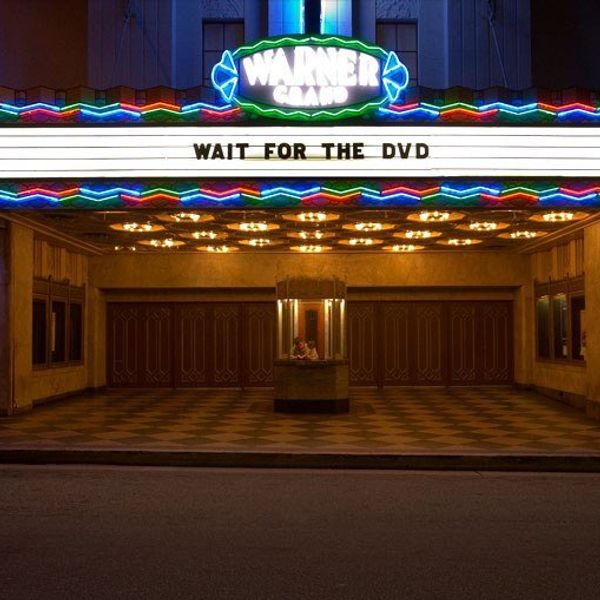While I was growing up, my parents really emphasized the importance of film to me. They were huge movie buffs; my dad was a lover of art house and the classic black and white films, while my mom has always been much more into the post-modern art movement. I grew up watching tons of movies, many probably before I should have. They would always give me new film recommendations and tell me about all of the greatest movies that came out when they were teenagers.
When I decided to take Film and Literature my junior year of high school, I was just trying to fulfill my Related Arts requirement by taking a class where I would already know what the teacher was talking about. However, 30 minutes into “2001: A Space Odyssey,” I knew that I had to have something to do with making films.
My teacher, Mr. Reynolds, was telling us about all of the allegorical backgrounds that made up each scene and how the technical effects skyrocketed past those of any film that had been made at that point, even to the point of the creation of the Moon Landing conspiracy that claims that Stanley Kubrick, the director of “2001: A Space Odyssey,” helped the government fake the legendary moon landing.
The fact that the special effects of a movie made in the 60s were so well crafted that people actually thought the government was behind it was absolutely amazing to me.
Film is much more than just something that we use to pass the time by. Film is a way of communicating to people and sharing history. Kenneth Lonergan, director of "Margaret," said, “Filmmaking, like any other art, is a very profound means of human communication; beyond the professional pleasure of succeeding or the pain of failing, you do want your film to be seen, to communicate itself to other people.”
Film is something that you work so hard for, in order to create something that others can understand and learn from. While enjoyment is part of it, it is much more than just simply enjoying a film.
Many films carry a subject matter that is not enjoyable but is necessary to communicate an idea. For example, “12 Years A Slave” is not an enjoyable film by any means, as it depicts the horrors of slavery in an uncensored, unforgiving way. However, most people who have seen it agree that it was a necessary film that acknowledged that racism and slavery were much, much more terrible than we’re made to believe in school. Film, is more than just entertainment for mindless viewing; it is a way to inform people on history as well as a way to remind people of our past.
Through film people are able to time travel, going to different states, countries, and even worlds.
We can live through another person’s eyes whether it be fiction or nonfiction. HistoryMatters.com says that "Motion pictures may provide the best evidence of what it was like to walk down the streets of Paris in the 1890s, what a Japanese tea ceremony was like in the 1940s, what the World Series in 1950 looked like, or how people in factories did their work or spent a Sunday afternoon in the park."
By watching films from other countries we are able to experience their culture and made to keep an open mind as we are crossing through our own traditions. Films like “Star Wars” and “Lord of the Rings” take us to completely different worlds that make you question what values our world holds as these new places mimic Earth.




















